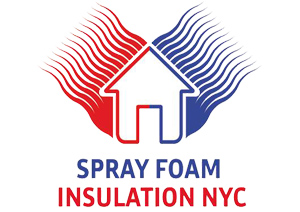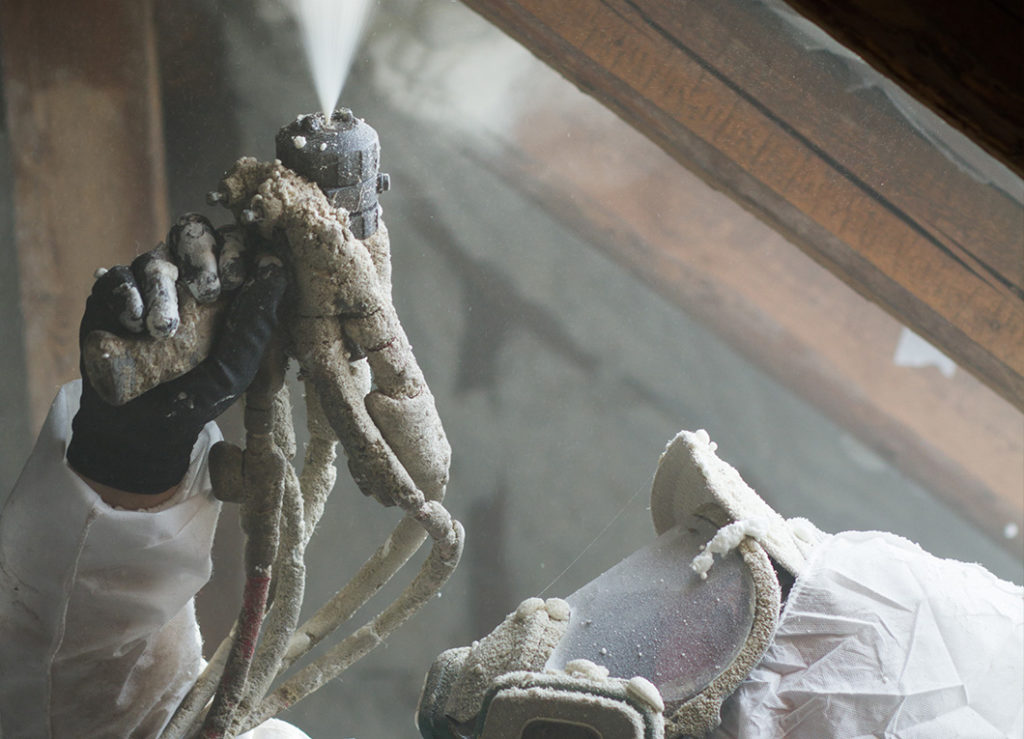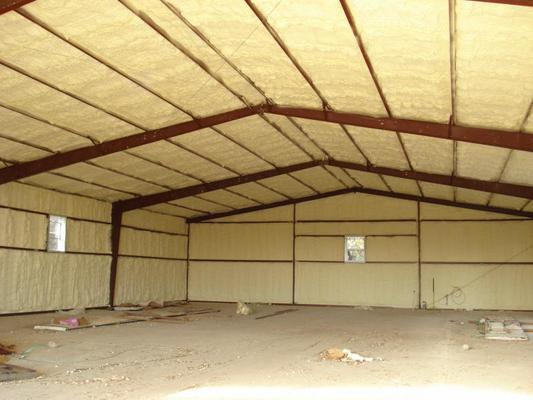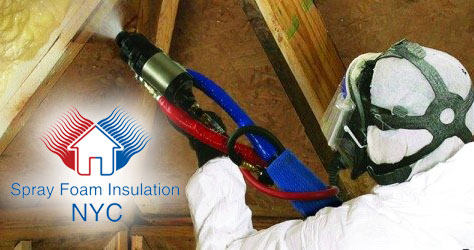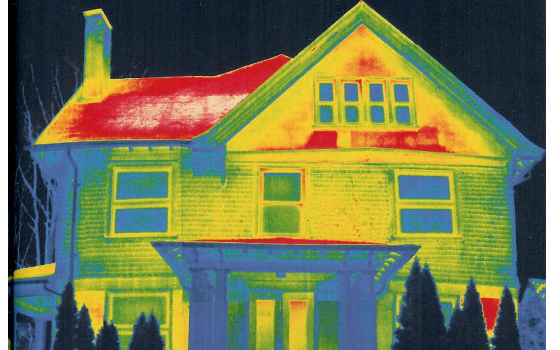Myth: A House Needs to Breathe - Spray Foam Insulation NYC
A House Needs to Breathe
Have you heard that one before, that you shouldn't seal up your house too tightly because a house needs to breathe? It's a common myth, but that's all it is - a myth. Houses do NOT need to breathe. People do.
I think the origin of this one may lie in the supertight, superinsulated houses of the 1970s, when they hadn't yet figured out how to look at the house as a system. They sealed up the houses to eliminate all the energy wasted on infiltration, but they forgot one key detail. Tight houses need mechanical ventilation.
A house cannot be too tight in my opinion. Yes, a tight house can have problems, but it's generally not because of the air sealing. The problem is the lack of systems thinking. Here are the three main problems that sometimes occur with tight houses:
The solution to the first of these problems is mechanical ventilation. We understand this now. Random leaks don't bring in fresh air, so we seal up the house as tight as possible and then intentionally bring in air from a location where we know it will be as fresh as possible (i.e., not off the roof or over the garage).
Backdrafting combustion appliances can be dangerous. When air is coming down the flue pipe and into the house, the exhaust gases aren't going up the flue pipe. That changes the combustion process, making it more likely to generate carbon monoxide and dump it into the house. Not good.
Atmospheric combustion appliances, like the gas water shown here, use air from the space around them for combustion. The solution here is to isolate them from the living space and give them their own air supply for combustion air. Building codes now require "high-low" vents for combustion air. This isn't for ventilation; it's air for the water heater or furnace to use in combustion, so the room where these combustion appliances are should be air sealed and insulated to isolate it from the living space.
The third problem, humidity, is often solved by proper sizing of the cooling system, a good ventilation system, and materials that don't trap moisture. An oversized air conditioner doesn't have long enough run times to dehumidify very well. A ventilation system will remove internally generated moisture before it becomes a problem.
The need for materials that don't trap moisture is true for many houses. Unless you're in a one-way climate, like Minneapolis or Miami, putting plastic in your walls will trap moisture and grow things. Houses don't need to breathe, but they do need to be able to dry out when they get wet.
Here, then, are three rules that we could substitute for this myth about houses needing to breathe:
I think the origin of this one may lie in the supertight, superinsulated houses of the 1970s, when they hadn't yet figured out how to look at the house as a system. They sealed up the houses to eliminate all the energy wasted on infiltration, but they forgot one key detail. Tight houses need mechanical ventilation.
A house cannot be too tight in my opinion. Yes, a tight house can have problems, but it's generally not because of the air sealing. The problem is the lack of systems thinking. Here are the three main problems that sometimes occur with tight houses:
- Poor indoor air quality (IAQ)
- Backdrafting of combustion appliances
- High humidity, mold growth
The solution to the first of these problems is mechanical ventilation. We understand this now. Random leaks don't bring in fresh air, so we seal up the house as tight as possible and then intentionally bring in air from a location where we know it will be as fresh as possible (i.e., not off the roof or over the garage).
Backdrafting combustion appliances can be dangerous. When air is coming down the flue pipe and into the house, the exhaust gases aren't going up the flue pipe. That changes the combustion process, making it more likely to generate carbon monoxide and dump it into the house. Not good.
Atmospheric combustion appliances, like the gas water shown here, use air from the space around them for combustion. The solution here is to isolate them from the living space and give them their own air supply for combustion air. Building codes now require "high-low" vents for combustion air. This isn't for ventilation; it's air for the water heater or furnace to use in combustion, so the room where these combustion appliances are should be air sealed and insulated to isolate it from the living space.
The third problem, humidity, is often solved by proper sizing of the cooling system, a good ventilation system, and materials that don't trap moisture. An oversized air conditioner doesn't have long enough run times to dehumidify very well. A ventilation system will remove internally generated moisture before it becomes a problem.
The need for materials that don't trap moisture is true for many houses. Unless you're in a one-way climate, like Minneapolis or Miami, putting plastic in your walls will trap moisture and grow things. Houses don't need to breathe, but they do need to be able to dry out when they get wet.
Here, then, are three rules that we could substitute for this myth about houses needing to breathe:
- People need to breathe.
- Don't mix combustion air and people air.
- Houses need to be able to dry out.
Spray Foam Insulation NYC - Blog
What is the Cost of Spray Foam Insulation..New York, New Jersey, Long island NY
What is the Cost of Spray Foam Insulation..New York, New Jersey, Long island NY Airseal -...
2018 How much does spray foam insulation cost? New York, NY
To calculate the price of your job, take the cost of the type of Spray Foam you choose:Open-cell...
2018 How much does spray foam insulation cost? Staten Island NY
To calculate the price of your job, take the cost of the type of Spray Foam you choose:Open-cell...
My house is hot upstairs and cold downstairs - Winter - Spray Foam NYC
My house is hot upstairs and cold downstairs - Spray Foam NYC If you live in...
Retrofit Insulation For Exterior Walls - Spray Foam Insulation NYC
Spray Foam Insulation Nyc At: Union Ave, Nutley, Nj 07110. Retrofit Foam Insulation, adds...
Icynene To Acquire Lapolla Industries For $1.03 Per Share In All Cash Transaction
Strategic Combination to Create Industry-Leading Manufacturer and Distributor of Performance...
Why Select Spray Polyurethane Foam (SPF) Insulation?
Spray polyurethane foam (SPF) insulation helps keep homes warm in the winter and cool in the...
